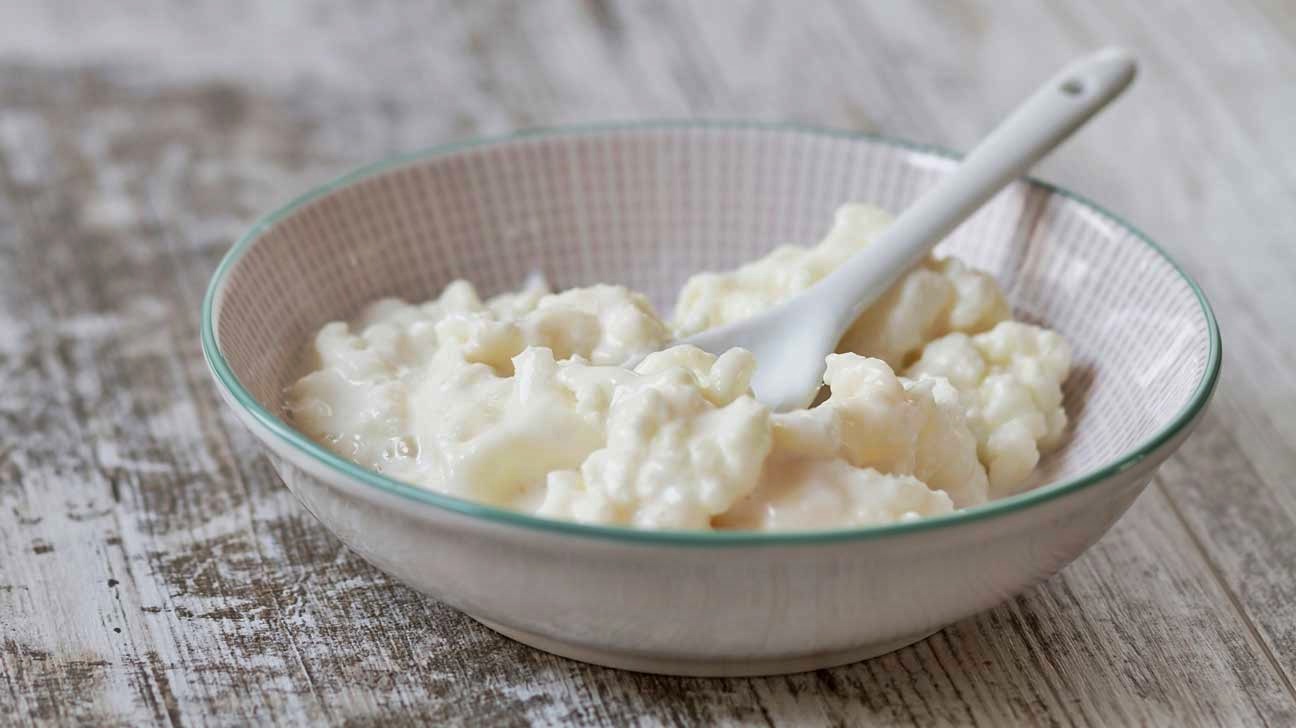Stress Relief: How Diet And Lifestyle Can Help
Stress has become an increasingly prevalent issue in today’s fast-paced world. From work pressures to personal responsibilities, it’s no wonder why so many people are searching for ways to find relief. While there are various approaches to combatting stress, one often overlooked aspect is the role of diet and lifestyle. In this article, we will explore how adopting healthy habits can significantly reduce stress levels.
The Impact of Diet
Believe it or not, what you eat can directly impact your stress levels. A poor diet filled with processed foods and high sugar content can leave you feeling sluggish and overwhelmed. On the other hand, a balanced diet rich in nutrients can provide the necessary fuel to tackle stress head-on.
Here are some key dietary tips to consider:
- Load up on fruits and vegetables: These powerhouses of vitamins and minerals help boost your immune system and provide a natural energy boost.
- Incorporate Omega-3 fatty acids: Found in fatty fish, nuts, and seeds, these healthy fats have been linked to reducing stress and anxiety.
- Avoid excessive caffeine and alcohol: While that cup of coffee or glass of wine may provide temporary relief, excessive consumption can disrupt sleep patterns and worsen stress symptoms.
- Stay hydrated: Dehydration can affect mood and increase stress levels. Aim for at least 8 glasses of water a day to stay properly hydrated.
The Role of Lifestyle Habits
While diet plays a significant role in stress management, your lifestyle habits can also make a world of difference. Incorporating these practices into your daily routine can help reduce stress and promote a healthier mind and body.
Here are some lifestyle habits to consider:
- Regular exercise: Engaging in physical activity releases endorphins, the “feel-good” hormones that can counteract stress and boost your mood.
- Practice relaxation techniques: Whether it’s yoga, deep breathing exercises, or meditation, finding moments of calm can help reduce stress levels.
- Sleep hygiene: Adequate sleep is crucial for stress management. Establish a consistent sleep routine and create a sleep-friendly environment to ensure quality rest.
- Time management: Prioritize tasks, delegate when necessary, and set achievable goals to avoid feeling overwhelmed.
- Connect with others: Building a strong support network and fostering meaningful relationships can provide a sense of belonging and relieve stress.
Conclusion
When it comes to stress relief, don’t overlook the power of diet and lifestyle. By making conscious choices to nourish your body with healthy foods and implementing positive habits, you can effectively combat stress and improve your overall well-being. Remember, finding balance is key, so start small and gradually incorporate these changes into your routine. Here’s to a stress-free future!
Was this page helpful?
Read Next: Should I Get A Veg Box?











